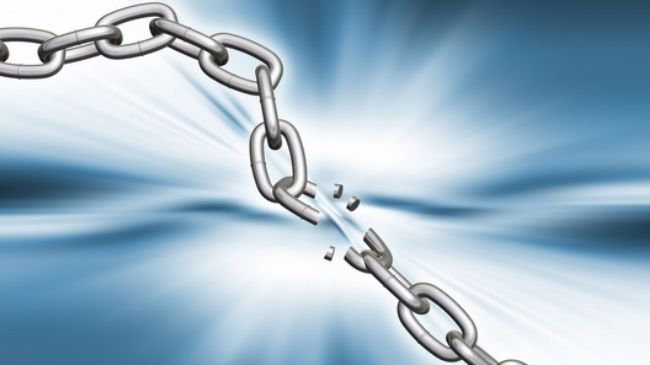A new study conducted at Peking University has introduced a minor behavioral technique that lowers craving in drug addicts by altering their memory.
Publish dateWednesday 18 April 2012 - 11:04
Story Code : 40132
Preventing cravings is one of the biggest challenges in the treatment of addiction Press TV reported.
Most traditional methods used for kicking drugs or tobacco focus on “extinction procedures” to sever memories tied with taking drugs. They, however, fail in many under recovery addicts when they see objects associated with drug-taking such as a needle or cigarette.
Lin Lu and colleagues at Peking University in Beijing have applied a new technique which works by loosening the association between using a drug and cues that remind the patients of using.
The method which has been found significantly successful in animal and human tests, works by reactivating the drug taking memory and following it with an “extinction session” of repeated exposure to the same memory cues.
To improve the effectiveness of their technique, scientists combined it with a process called memory reconsolidation in which information is retrieved from long-term storage and reactivated to strengthen the memory. The procedure makes the information temporarily unstable and thus prone to alteration.
During the human trail, a group of patients were shown a 5-minute video of images of heroin use and drug paraphernalia, either 10 minutes or 6 hours before an hour-long extinction session, during which they repeatedly watched those images again.
The follow up revealed that participants who watched the video 10 minutes before the session showed lower drug cravings both during the session and up to six months later.
The patients who watched the video 6 hours before the session experienced no considerable reduction of their cravings, says the article published in Science.
Researchers say a short reminder of drug-taking seemingly take the associated memory out of storage and makes it easier to overwrite.
The study showed that repeating the procedure might prevent relapses in the long term. The method may be possibly useful for people addicted to other substances such as alcohol and nicotine as well as patients with conditions like post-traumatic stress disorder (PTSD) and phobia.
Most traditional methods used for kicking drugs or tobacco focus on “extinction procedures” to sever memories tied with taking drugs. They, however, fail in many under recovery addicts when they see objects associated with drug-taking such as a needle or cigarette.
Lin Lu and colleagues at Peking University in Beijing have applied a new technique which works by loosening the association between using a drug and cues that remind the patients of using.
The method which has been found significantly successful in animal and human tests, works by reactivating the drug taking memory and following it with an “extinction session” of repeated exposure to the same memory cues.
To improve the effectiveness of their technique, scientists combined it with a process called memory reconsolidation in which information is retrieved from long-term storage and reactivated to strengthen the memory. The procedure makes the information temporarily unstable and thus prone to alteration.
During the human trail, a group of patients were shown a 5-minute video of images of heroin use and drug paraphernalia, either 10 minutes or 6 hours before an hour-long extinction session, during which they repeatedly watched those images again.
The follow up revealed that participants who watched the video 10 minutes before the session showed lower drug cravings both during the session and up to six months later.
The patients who watched the video 6 hours before the session experienced no considerable reduction of their cravings, says the article published in Science.
Researchers say a short reminder of drug-taking seemingly take the associated memory out of storage and makes it easier to overwrite.
The study showed that repeating the procedure might prevent relapses in the long term. The method may be possibly useful for people addicted to other substances such as alcohol and nicotine as well as patients with conditions like post-traumatic stress disorder (PTSD) and phobia.
Source : Afghan Voice Agency (AVA), International Service
avapress.com/vdcb58ba.rhbgfpe4ur.html
Top hits












